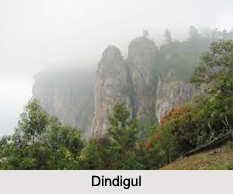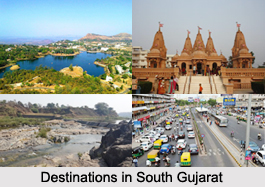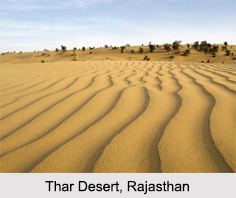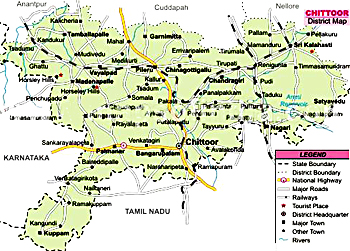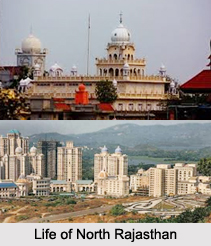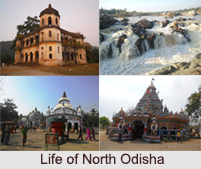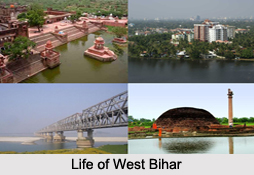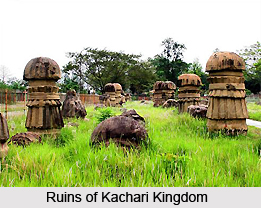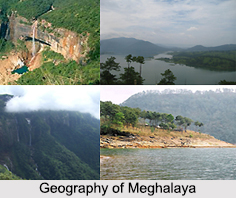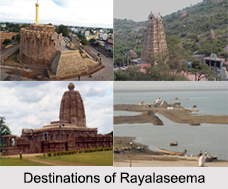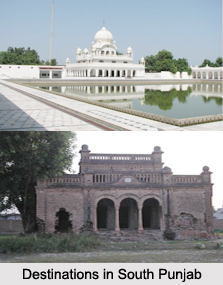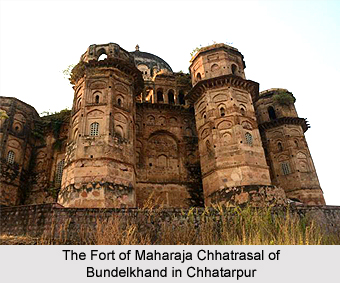 Maharaja Chhatrasal was the ruler of Budelkhand. He was known as Kesri Maharaja Chhatrasal. Maharaja Chhatrasal was a Bundeli warrior who chose to turn against the one of the greatest Mughal Emperors in India of that time, Aurangzeb. His father had raised against the rule of Mughal Dynasty but he was killed in a fierce battle against the Mughals
Maharaja Chhatrasal was the ruler of Budelkhand. He was known as Kesri Maharaja Chhatrasal. Maharaja Chhatrasal was a Bundeli warrior who chose to turn against the one of the greatest Mughal Emperors in India of that time, Aurangzeb. His father had raised against the rule of Mughal Dynasty but he was killed in a fierce battle against the Mughals
Maharaja Chhatrasal was born on May 4, in the year 1649 that is in the Vikram Samvat Era (An ancient calendar established by Indian emperor Vikramaditya. It is the calendar popularly used in India) the year 1706. He was the son of Bundella Chieftain Champat Rai and his wife Lalkunvari.
From his early childhood, Maharaja Chhatrasal was separated from his parents. From that time, he made up his mind to struggle against the despotic rule of the Mughal Dynasty. With the blessings of famous king of Maratha Empire, Shivaji, he became determined to fight for the independence of Bundelkhand. After his meeting with Mahamati Prannath (Mehraj Thakur), Chhatrasal became strong and powerful in the Panna District that was under the Budelkhand at that time. In the year 1671, at the age of 22, Maharaja Chhatrasal with an army of 5 horse-men and 25 swords-men raised a revolt against the fragmented Mughal Empire of that time. During the first ten years of his revolt, he conquered a large area of land between Chitrakoot and Panna on the east and Gwalior State on the west. Like Guru Ramdas Ji, an Indian Saint showed the way to Shivaji to fight against the foreign powers so did Mahamati Prannath to Chhatrasal. He gave guidance and true knowledge to Maharaja Chhatrasal. In his early life, Chhatrasal did military service for the Mughals in the Deccan and during this time, he believed to have met Chattrapati Shivaji, who inspired him to found an independent kingdom.
The rise of Maharaja Chhatrasal began when the Mughal Empire in India was slowly declining. Maharaj Chhatrasal at that time named as the founder of an independent kingdom of Bundelkhand. Chhatrasal at first overcame as the Gond ruler of Panna (now Panna District). Chhatrasal stretched his empire from Kalpi in the north to Sagar District, Garah Kota and Damoh District in the south. Some of the Mughal generals who were defeated by him were Rohilla Khan, Kaliq, Munawwar Khan, Sadruddin, Sheikh Anwar, Sayyid Latif, Bahlol Khan and Abdus Ahmed. He apparently gained access to the region`s precious diamonds. That made him strong enough in the financial position.
Chattrasal made Panna the capital of his kingdom and bringing less powerful Bundela chiefs under his kingship. After that, he prepared to launch a rebellion against Mughals, as the Mughal power was slowly declining. He launched a series of successful assaults into Mughal possessions, leading to the coining of a popular Bundeli saying:
"It Jamuna ut Narmada, it Chambal ut Tons
Chhatrasal so laran ki, rahi na kahu hons"
(The Translation of the verse in English: "From the Jamuna to the Narmada, the Chambal to the Tons, nobody dares fight Chhattrasal")
The weak Mughal emperors who followed Aurangazeb (The last totalitarian Mughal Ruler who died in the year 1707) recognised Chhattrasal`s rule in Bundelkhand. Maharaja Chhatrasal told his queens that God had personally come to them and they must go for his Darshan. Chhatrasal himself held the palanquin carrying Shri Prannath and brought him to his palace. He then spread his turban and the queen her saree to welcome Mahamati, they dressed him in royal attire and paid homage to him. Chhatrasal gave his all to Shri Prannath and stood with folded hands as Mahamati summoned the neighbouring kings and crowned Chhatrasal as the Emperor of that area.
However, as Maharaja Chhatrasal expanded his territory into the Jhansi District, the Mughal governor of Allahabad, Muhammed Khan Bangash, counter attacked with great force, compelling Chhatrasal to seek help from the other great power of the time, the Marathas, led by Peshwa Baji Rao in Pune. At that time, the Maratha power helped the Bundelas and forced Bangash to surrender in the year between 1729-1730. Chhatrasal conferred a third of his kingdom to the Peshwa. A famous Marathi poet named Bhusan has written about Chhatrasal that his kingdom had spread all over and no one wanted to fight against him. Hindus and Muslims lived like brothers and shared in religious functions. Scholars and poets were well looked after. Bhusan also wrote that the people, who are tortured under the rule of Aurangazeb, came and took shelters under his kingdom.
Before his death, he divided his kingdom among his numerous sons, relatives and loyal chiefs. Thus, arose the Bundela-ruled states of Panna (Princely State of Panna), Jaitpur, Princely State of Ajaigarh and Princely State of Charkhari, and several smaller estates. He died on December 20, 1731 at the age of 81.







